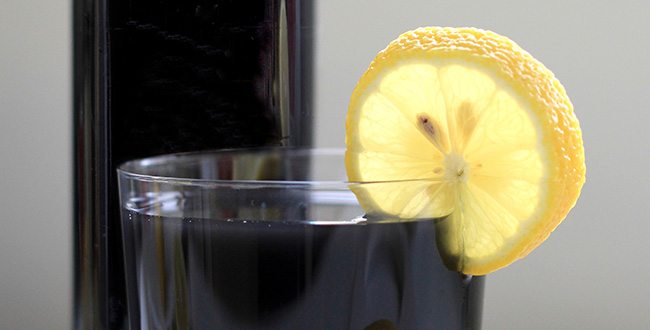Results for: echinacea
Consumer Reports and Alternative Therapies
Consumer Reports (CR) and its Health Newsletter provide sound advice about nutrition and medicine, with one exception: their recommendations concerning alternative therapies, especially dietary supplements. With regard to dietary supplements, part of the problem is the failure of CR to make a distinction between authentic dietary supplements, such as multivitamins and minerals, and non-vitamin, non-mineral medicinal products. For example, the September 2010...

CAM: The Beer Goggles of Medicine
It is summer, the kids are off, and time to write dwindles in the face of sun and golf. Nonsense knows no season, and in my readings this week I came across the phrase “the undeniable power of the placebo.” I will do my best to deny that power at least three times before I crow my conclusion. One of my first...
European Union “Ban” On Herbal Products
Regulations have just gone into effect in the EU regarding the sale of herbal products. The regulations seem reasonable, but they have sparked near hysteria on the part of herbal sellers and advocates of “natural” medicine. They are calling the regulation a “ban” on herbal products, which much of the media has parroted, but it is not a true ban, just a...
Treating The Common Cold
For the last week I have had a cold. I usually get one each winter. I have two kids in school and they bring home a lot of viruses. I also work in a hospital, which tends (for some reason) to have lots of sick people. Although this year I think I caught my cold while traveling. I’m almost over it now,...

Ear Infections: To Treat or Not to Treat
Acute otitis media, also known as an ear infection, is a common problem that used to be treated routinely with antibiotics. As more evidence accumulated, it became clear that the practice needed to change. Seven years after the American Academy of Pediatrics and the American Academy of Family Physicians released their guidelines, what has changed?
Rambling Musings on Using the Medical Literature
For those who are new to the blog, I am nobody from nowhere. I am a clinician, taking care of patients with infectious diseases at several hospitals in the Portland area. I am not part of an academic center (although we are affiliated with OHSU and have a medicine residency program). I have not done any research since I was a fellow,...

Cranberry Juice
It always somewhat surprises me how some interventions never seem to die. Theophylline seems to have disappeared in the medical pantheon, but what comes around, goes around. I predict a resurgence of theophylline this century. Despite the recent study that shows, yet again, echinacea has no effect on colds, I predict the study will neither decrease the sales of echinacea nor prevent...
“Integrative” oncology: Trojan horse, quackademic medicine, or both?
One of the main topics that we’ve covered here on this blog over the last couple of years is the relatively rapid, seemingly relentless infiltration of pseudoscience into what should be bastions of science-based medicine (SBM), namely medical schools and academic medical centers promoted by academics who should, but apparently don’t, know better. From the very beginning, we’ve written numerous posts about...
CAM on campus: Integrative Medicine
My previous posts have described guest lecturers at my medical school campus, invited by a student interest group in CAM. Those events continue; currently ongoing is an 8-weekend certification course in Ayurveda for the subsidized cost of $1500 (includes “tuition, syllabus, and personal guru”). I could pick on this student group, but what’s the point? There will always be medical students who...

